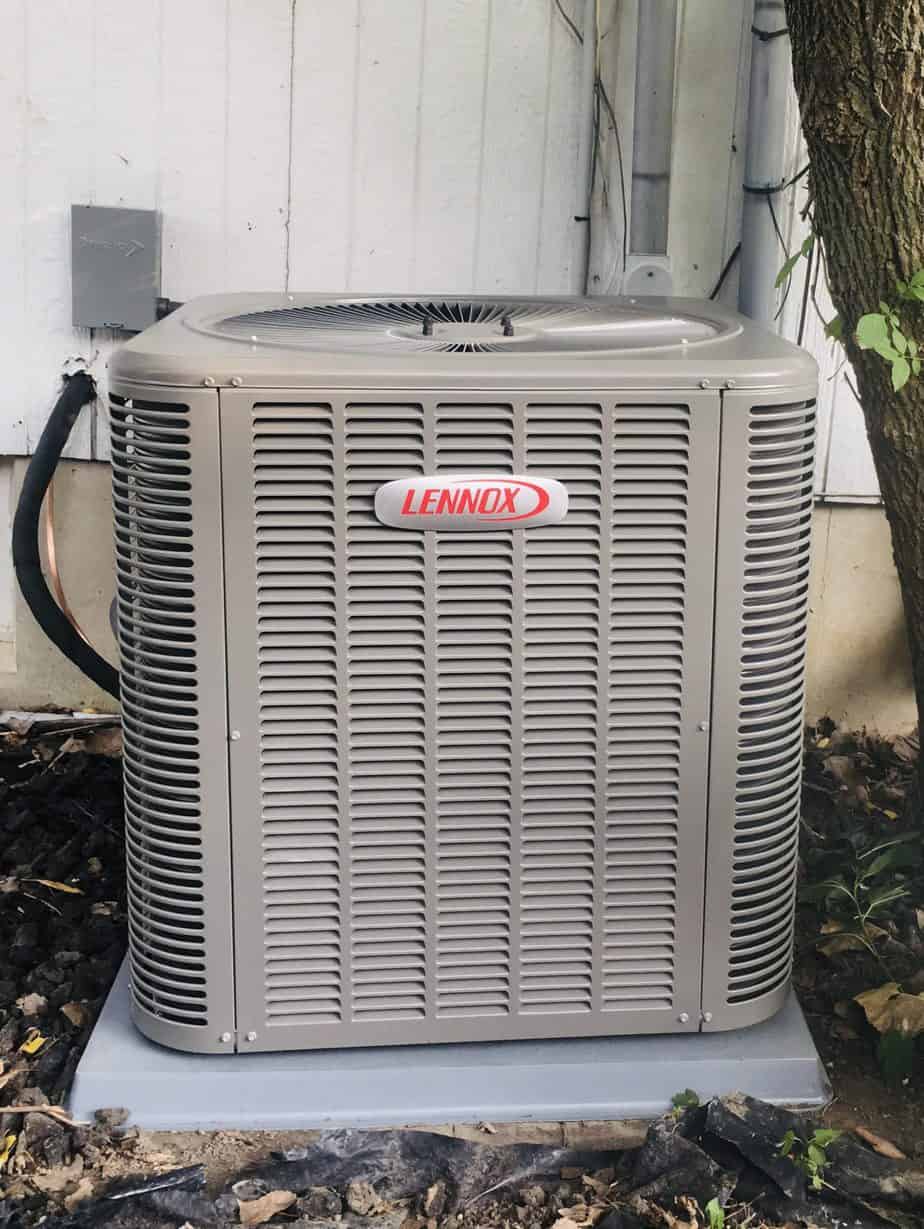In today's world, the significance of heating, ventilation, and air conditioning, commonly known as HVAC, cannot be overstated, especially in office settings. A well-functioning HVAC system plays a critical role in maintaining comfortable indoor environments, which affects work efficiency, comfort, and holistic comfort for both employees and customers. Understanding the complexities of HVAC systems is crucial for entrepreneurs and facility managers who want to ensure optimal performance and energy efficiency.
This comprehensive guide will cover various aspects of HVAC, from the fundamentals of how these systems work to solving common issues, and from maintenance strategies to the latest innovations in the field. Whether you are looking to improve your current system or simply want to learn how to effectively control your HVAC for improved air quality and energy savings, this article is designed to provide you with the information you need to make wise choices. Come along as we explore the critical role of HVAC in enhancing the functionality and usability of commercial spaces.
Grasping HVAC Technology
Heating, Ventilation, and Air Conditioning stands for warmth, airflow, and cooling, a critical system in both residential and spaces. This holistic system is designed to provide ease through temperature control and quality control of air. By grasping how HVAC functions, building owners can make knowledgeable decisions regarding setup, maintenance, and upgrades to ensure efficient performance.
Warmth is typically achieved through various methods, including furnaces, water heaters, and heat pumps, which warm the air or distribute warm water throughout the building. Ventilation is essential for maintaining indoor air quality, entailing the exchange of indoor air with fresh outdoor air. Air conditioning units, mostly using air conditioning units, help decrease indoor temperatures during warmer months, ensuring a agreeable environment regardless of external conditions.
As commercial entities and corporate spaces strive for energy efficiency and sustainability, innovative HVAC technologies are growing essential. Smart thermostats and advanced filtration systems enhance control over indoor climates and air quality, making it more convenient for businesses to reduce energy consumption and improve overall comfort. As a consequence, comprehending HVAC systems not only contributes to a more enhanced indoor environment but also facilitates targets within commercial settings.

HVAC Maintenance and Efficiency
Routine maintenance of your HVAC system is crucial for guaranteeing it functions efficiently. Planned inspections and tune-ups can identify potential issues before they escalate, leading to costly repairs or replacements. Keeping filters clear and components properly adjusted helps to ensure optimal air circulation and energy efficiency. A properly serviced system not only saves you money on energy bills but also prolongs the lifespan of your equipment, which is particularly important for business spaces that rely heavily on reliable temperature regulation.
Efficiency is a crucial factor for both residential and industrial HVAC systems, as ensuring a comfortable environment is essential for productivity and comfort. When HVAC systems are operating at maximum efficiency, they utilize less energy to temperature regulate or cool a space. This is especially vital in larger buildings where energy costs can be considerable. Implementing eco-friendly solutions, such as replacing equipment or using smart thermostats, can drastically reduce energy consumption while enhancing overall performance.
In conclusion, putting resources into regular HVAC maintenance and seeking out ways to improve efficiency can provide considerable long-term benefits. For businesses, this means creating a more inviting environment for employees and clients, encouraging productivity, and upgrading indoor air quality. By remaining ahead of maintenance and making informed decisions about upgrades, businesses can ensure their HVAC systems stay dependable and economical for the foreseeable future.
HVAC for Commercial Spaces
Heating, Ventilation, and Air Conditioning systems play a essential role in commercial spaces, ensuring a inviting and productive environment for workers and customers alike. Proper heating, airflow, and air conditioning are necessary for maintaining a stable indoor climate, which can significantly affect employee productivity. By controlling temperature and humidity levels, an well-designed HVAC system creates a comfortable atmosphere that enhances focus and efficiency among workers, making it a vital component of any commercial building.
Additionally, commercial buildings often have larger spaces and increased complex ventilation requirements, making the selection and maintenance of HVAC systems important. Businesses must assess their individual needs based on the size of their space, the number of occupants, and the nature of their operations. Regular maintenance is essential to prevent common problems, such as uneven temperature distribution or inadequate airflow, which can lead to discomfort and lower employee morale. By investing in a trustworthy and efficient HVAC system, businesses can improve indoor air quality and reduce energy costs.
Moreover, advancements in HVAC technology have introduced sustainable solutions tailored for commercial applications. browse around this site can benefit from smart HVAC systems that respond to occupancy patterns and optimize energy use, resulting in significant cost savings. Furthermore, innovations such as geothermal heating and cooling or solar-powered HVAC systems can provide sustainable options that contribute to a company's sustainability goals. Overall, focusing on HVAC in commercial spaces not only enhances comfort and productivity but also aligns with the increasing demand for energy efficiency and sustainability.
